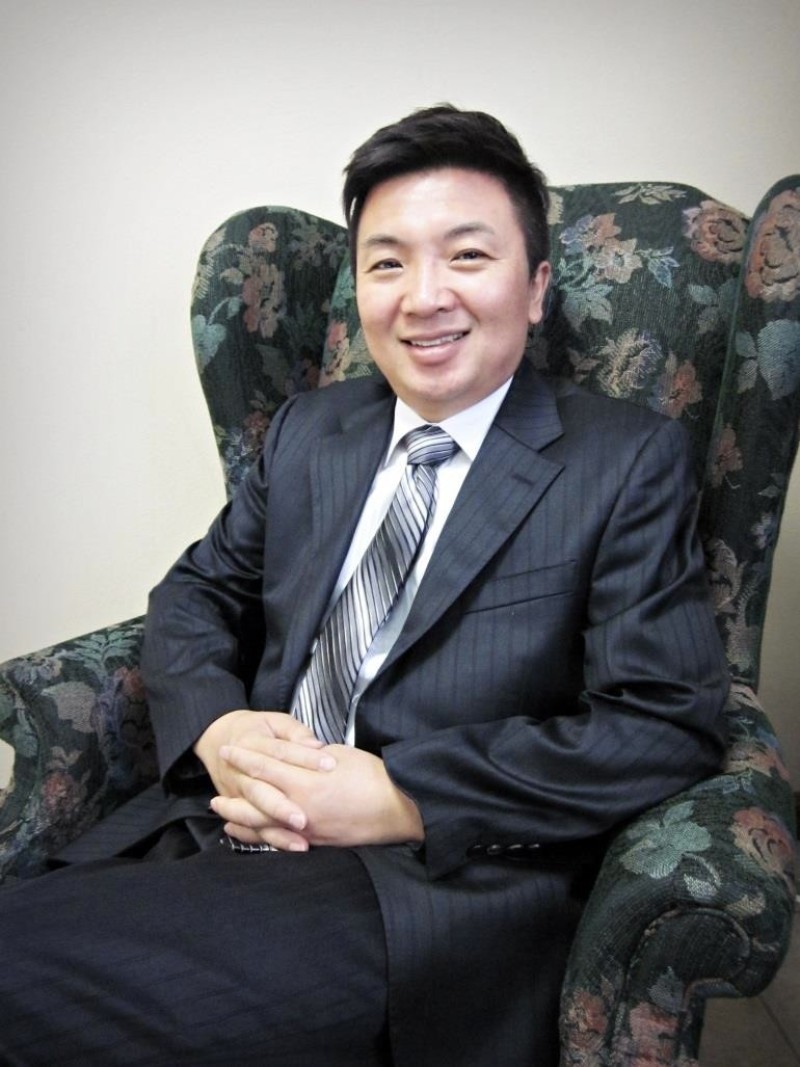
On June 26, 2015, the United States became the twenty-first, and most populous country to legalize same-sex marriage, as result of the U.S. Supreme Court's decision in Obergefell v. Hodges. Now, the issue of homosexuality has become a war without guns in the US. Furthermore, considering America's influence in the international community, the Supreme Court's decision for the same-sex marriage will most likely influence other countries in various ways.
Reflecting the social atmosphere, many American churches have shifted their stance on homosexuality from opposition to support. Then there are other churches, including the LCMS, that continue to reject same-sex marriage. For this reason, the churches against same-sex marriages have been misunderstood.
1. Church would rather stigmatize homosexuals as sinners, than take care of the poor and marginalized with the love of Jesus.
This accusation is inaccurate. The Lord teaches us through His Word that homosexuality is a sinful distortion of His desire that one man and one woman live together in marriage as husband and wife. God categorically prohibits homosexuality. Our church, the Lutheran Church"”Missouri Synod, has declared that homosexual behavior is "intrinsically sinful."
However, it does not mean that the church has to condemn a homosexual like witch hunts in the Middle Ages.
The church's message to homosexual people is the same message it proclaims to all people: Repent and believe in the Gospel! All human beings are born with a sinful nature that results in sinful thoughts, words and actions. Homosexuality is but one of many sinful actions human beings encounter in their life. In other words, the church's most important message to homosexuals is the promise of forgiveness and eternal life through the person and the work of Jesus Christ.
For a statement regarding homosexuality, the church's response to homosexuality is clear:
Firstly, the Church, while rejecting the movement which promotes tolerance of homosexual behavior in the name of freedom of the individual and of moral progress, must likewise also resist the popular reaction of persecution and ostracism.
Secondly, the Church must exhibit understanding and sympathy for homosexuals, show love and pastoral concern, and being ready to give help and encouragement in whatever way possible. It must proclaim to homosexuals, as it does to all men, the judgment of God against sin, above all the forgiveness of sin for Christ's sake, and the possibility of new life through the power of the Holy Spirit.
2. A violent minority takes a toll on churches
Recently, gay-related litigation in the United States has been dramatically increasing in number. Most of them have been related to the Church. For example, refusing to officiate a same sex wedding, refusing to enter the children of the same sex marriage couple in a church school, and refusing a gay adoption from an adoption agency founded by the Church.
In fact, some same-sex couples approached the Church intentionally and inquired about wedding, entrance of the church school, and adoption. Once their requests were rejected, they launched lawsuits, seeking large amounts of money as a result of in "homophobic" discrimination. Due to such lawsuits, many churches are about to close because of ruinous legal fees.
Now standing in the shadows of public opinion such as discrimination, homophobia, and sexism, many of the very healthy churches are struggling to protect the church as a whole from this sort of lawsuit.
Recently, homosexuals in Korea are beginning to speak with one voice via the Queer Culture Festival. In response to this, Christians in Korea have voiced strong opposition. However, whenever the church expresses opposition to homosexuality, the church needs to deal with the issue of homosexuality in wise ways; not by mobilizing large crowds for opposition campaigns, or making inflammatory statements on homosexuality.

Reverend and Doctor Jin O Jeong is an assistant pastor for the Korean congregation at Zion Lutheran Church, Belleville, IL. He graduated from Luther University and received a Ph.D from Yonsei University. He was also a Research Fellow at Hebrew University and Visiting Scholar at Yale Divinity School. Tel: 618-920-9311 Email : jjeong@zionbelleville.org



















